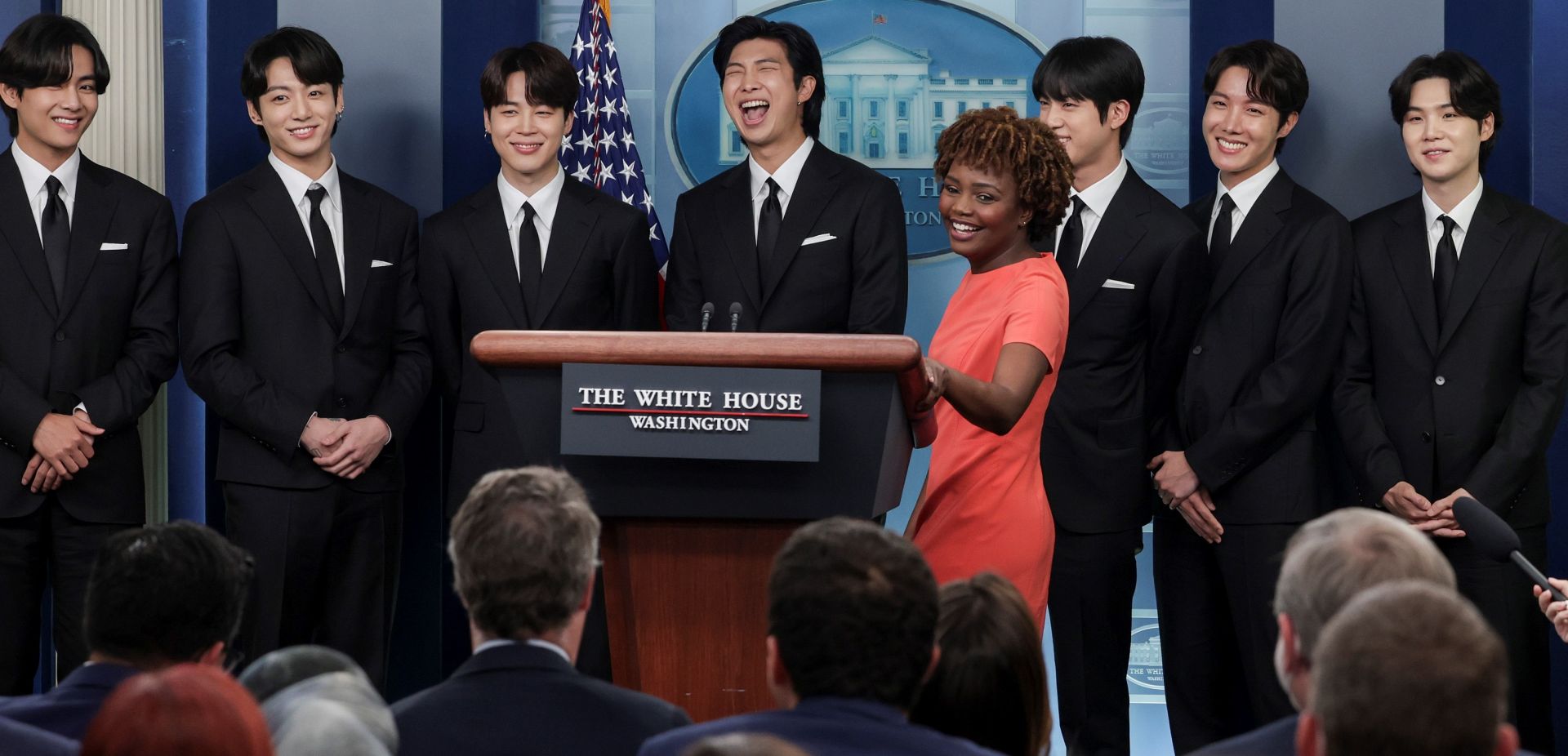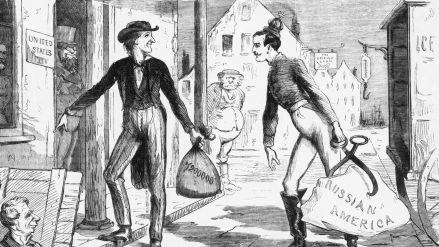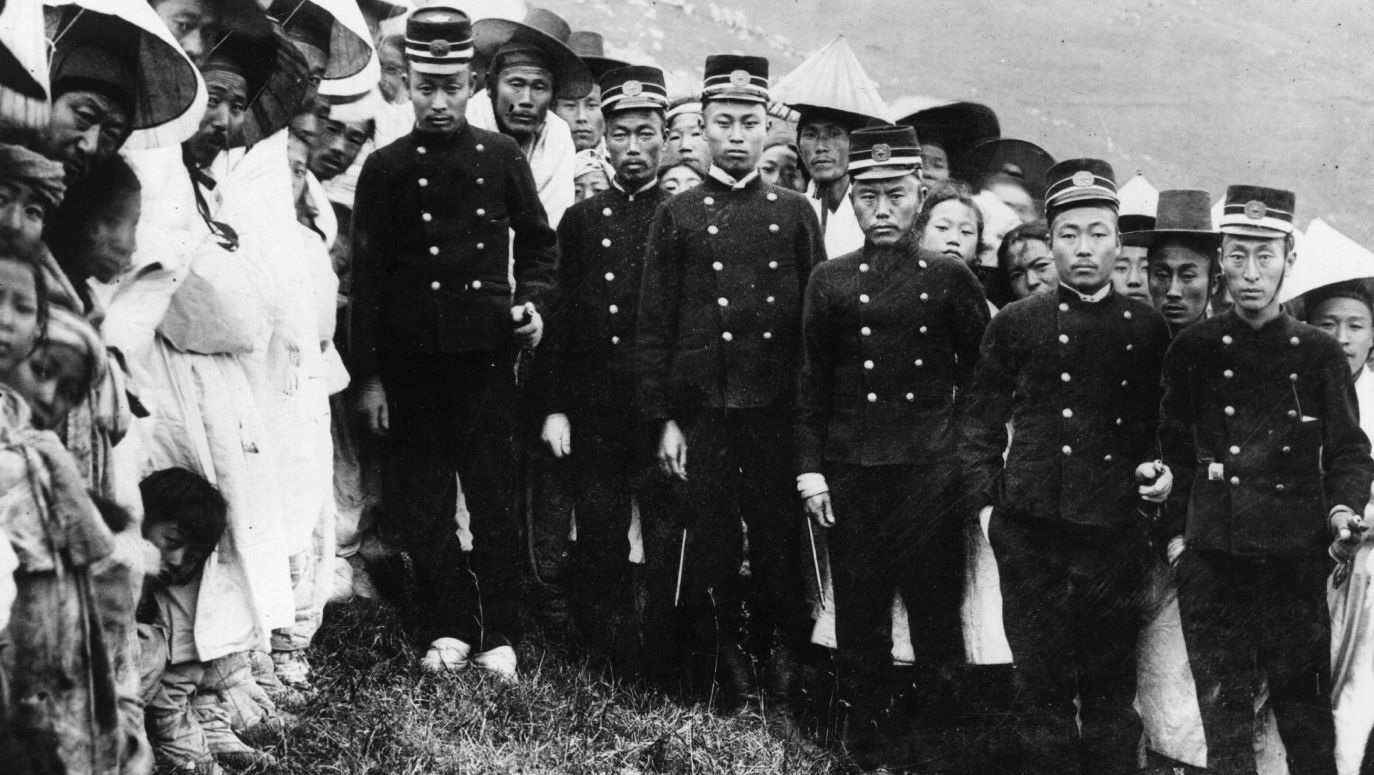– The People Power Party, in announcing Yoon Suk-yeol as a presidential candidate, saw him as a man who would fight corruption, which had been a huge problem in South Korea for decades. Many presidents in power during the democratic period, since the late 1980s, have been accused of corruption and convicted – says Dr Marek Handerek, a historian from the Institute for the Middle East and Far East of the Jagiellonian University. And he adds that Yoon Suk-yeol invited to the inauguration of his government... the former president, Park Geun-hye, whom he investigated in 2016.
Whereas in August, the new president pardoned Lee Jae-yong, Samsung’s chief executive, the richest man in South Korea, sentenced to 2.5 years in prison in connection with the same corruption scandal. – Yoon Suk-yeol recognised that the national interest required that Samsung, the country’s largest company, accounting for one-sixth of all South Korean exports, should be managed as well as possible during the difficult times of the global economic crisis – Dr Handerek continues.
 SIGN UP TO OUR PAGE
SIGN UP TO OUR PAGE 
President Yoon, while still Prosecutor General, was incidentally involved in the trial of the “prince” of Samsung, as Lee Jae-yong is jokingly referred to.
The legacy of dictatorship
In South Korea, the fundamental issue dividing conservatives and liberals is the attitude to the past. The roots of the conservative camp go back to the early days of the Republic of Korea, the mid-1940s. After the end of the Japanese occupation and the partition of the Korean peninsula in 1945, the communists took over in the north. In the American-controlled south, on the other hand, Syngman Rhee became head of state.
– The president maintained a semblance of democracy, but was in fact a dictator. His rule was quite brutal. In 1960, as a result of public protests, he was forced to flee to Hawaii – says Dr Zbigniew Kwiecień, a historian from the American Studies Center of the University of Warsaw, in an interview with TVP Weekly.
A year after Rhee’s emigration, a military coup took place in South Korea. – It was led by General Park Chung-hee, dictator and father of former President Park Geun-hye. The coup ushered in a junta rule that lasted until the late 1980s. Though, officially, the conservative camp ruled. Today’s conservatives are not exactly continuators of that policy, but some links are evident. For example, they look favourably on the achievements of General Park Chung-hee, who made Korea an economic power – says Dr Oskar Pietrewicz.
There is a critical attitude towards Gen. Park Chung-hee and the period of military dictatorship in general among liberals, who demand settling the past. – The political environment of the liberals grew up in opposition to the authoritarian rule of the junta. Hence, it is highly critical of that period – the analyst points out.
– There is an environmental as well as ideological connectivity between contemporary South Korean conservatives and the authoritarians that ruled almost until the late 1980s. Conservatives do not regard that period as disgraceful, one to require a reckoning. The liberals, who come from pro-democracy movements in opposition to authoritarian military rule, have a different approach, to put it simply – concurs Dr Marek Hańderek.
Chaebols started to invest
Whereas in South Korea, liberal governments, as a matter of domestic policy, have placed particular emphasis on social issues, conservative governments are primarily business-oriented. – In terms of its approach to the economy, the People Power Party somewhat resembles the US conservatives. That is, it advocates the free market and, as much as possible, limiting state intervention in economic affairs. Problems are to be solved by the invisible hand – points out Dr Zbigniew Kwiecień.


 SIGN UP TO OUR PAGE
SIGN UP TO OUR PAGE 








